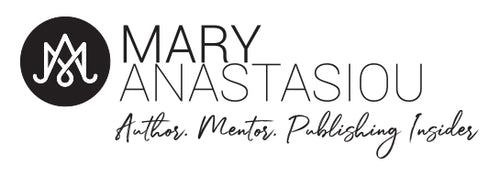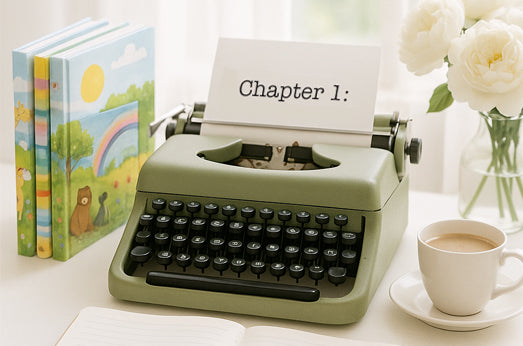From Idea to Manuscript: Getting your Picture Book started

You’ve had this idea in your head for months. Maybe even years. A spark for a children’s book that won’t go away. But instead of opening your laptop, you're deep in your third scroll of the day and telling yourself, 'I’ll start next week.'
Sound familiar?
You're not lazy. You're scared. Scared of doing it wrong. Scared of not being good enough. Scared someone else has already written it better.
Here’s the truth: every author feels that. And here's the good news: we’re going to kick fear to the curb and get you writing.
Why you haven't started (and why it's normal)
Let’s name it: Perfection Paralysis.
You want your first draft to be brilliant. But children’s books don’t start brilliant. They start messy. And if you’re comparing your rough idea to a polished published book, you’re not comparing apples to apples. You’re comparing apples to apple pie from a Parisian patisserie.
In a survey by The Writer’s Practice, 72% of aspiring authors said fear of failure is the number one reason they don’t begin. That’s not just you. That’s most people.
But the difference between a dreamer and a published author? One of them hit 'new document.'
3 simple ways to start writing (without the panic)
1. Write a sentence. Just one.
Forget writing a whole manuscript. Start with a single sentence. For example:
'Milo the cat had a secret he couldn’t keep.'
Now ask: What’s the secret? Who does he tell? Boom. You’re writing.
2. Voice note your idea.
If typing feels too formal, talk it out instead. Record yourself telling the story like you would to a child. You can transcribe it later, and you’ve bypassed your inner critic in the process.
3. Create a 'messy draft' document.
Title it exactly that: 'MESSY DRAFT.' This gives your brain permission to make mistakes. You’re not writing your book. You’re playing with it. That simple reframe removes pressure and helps you get words on the page.
What to remember when you're feeling stuck
-
Your idea is valid. Just because you haven’t seen it in a bookstore doesn’t mean it doesn’t belong there.
-
Children’s publishing isn’t about perfect prose. It’s about heart, voice, and understanding your reader.
-
You won’t know if it works until you write it. So give yourself the chance to find out.
One small challenge (you can do this)
Today, set a timer for 15 minutes. Write whatever comes to mind about your idea. Characters. Setting. A single line of dialogue. Doesn’t matter if it’s 'good.' It just matters that it exists.
Done? You’ve officially started your children’s book.
Now keep going!










